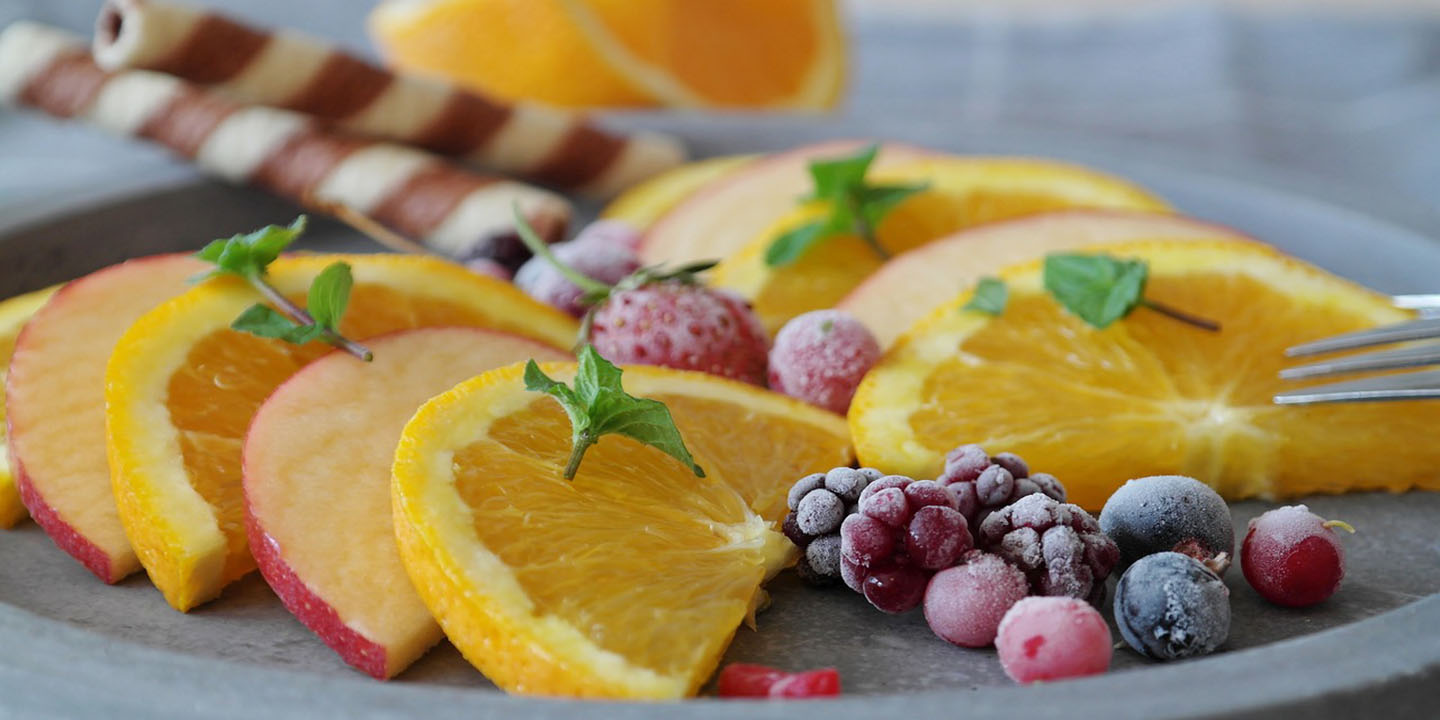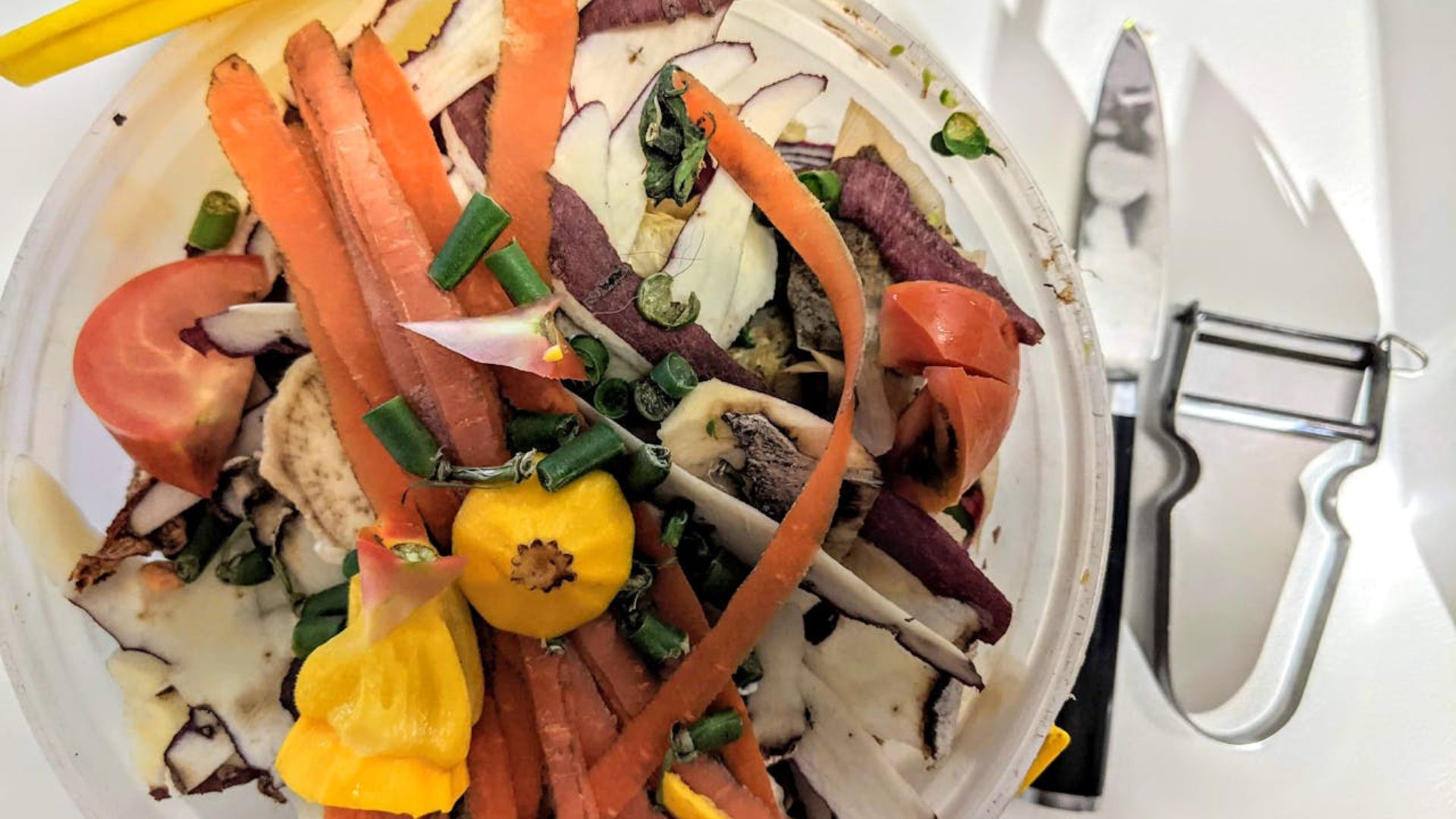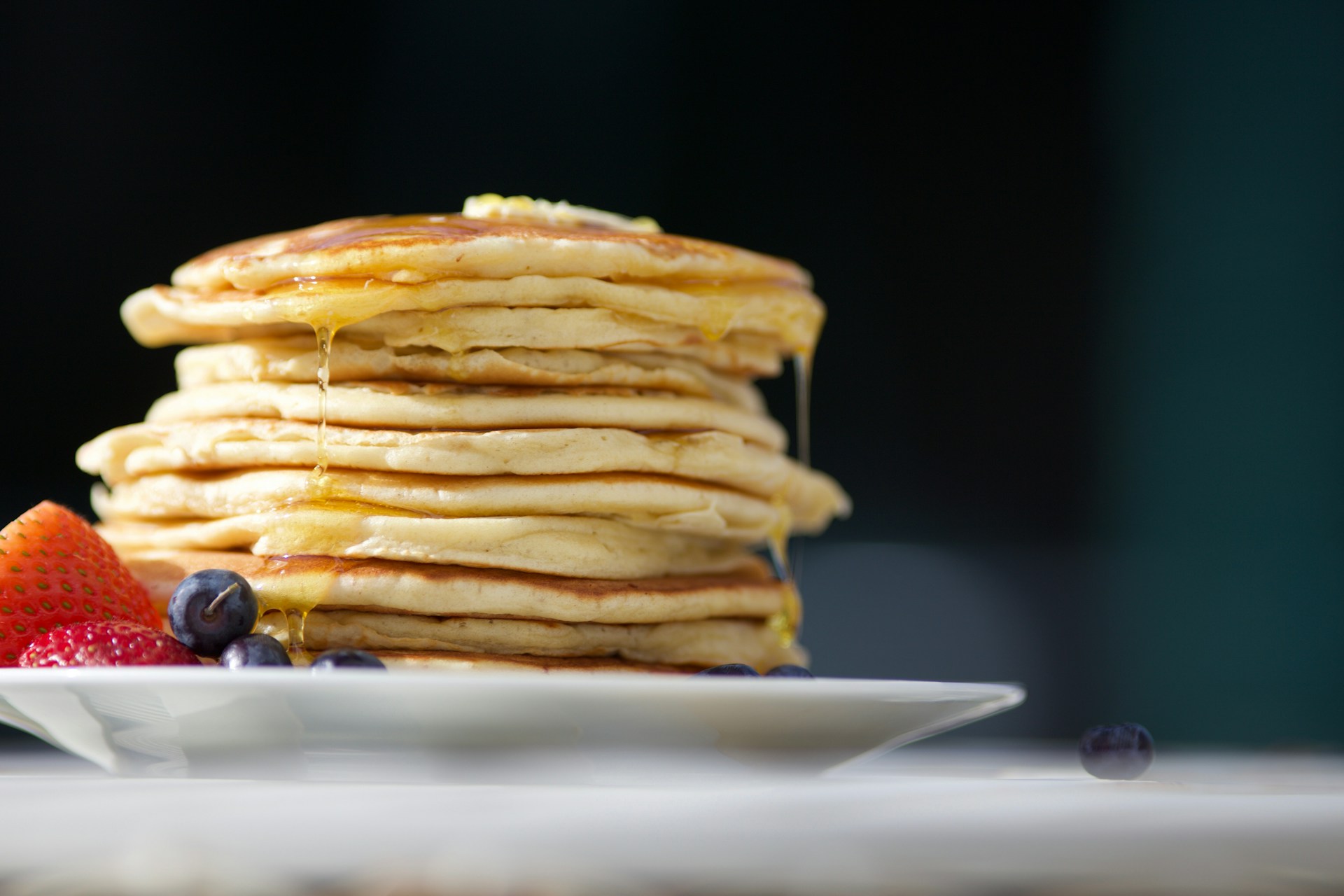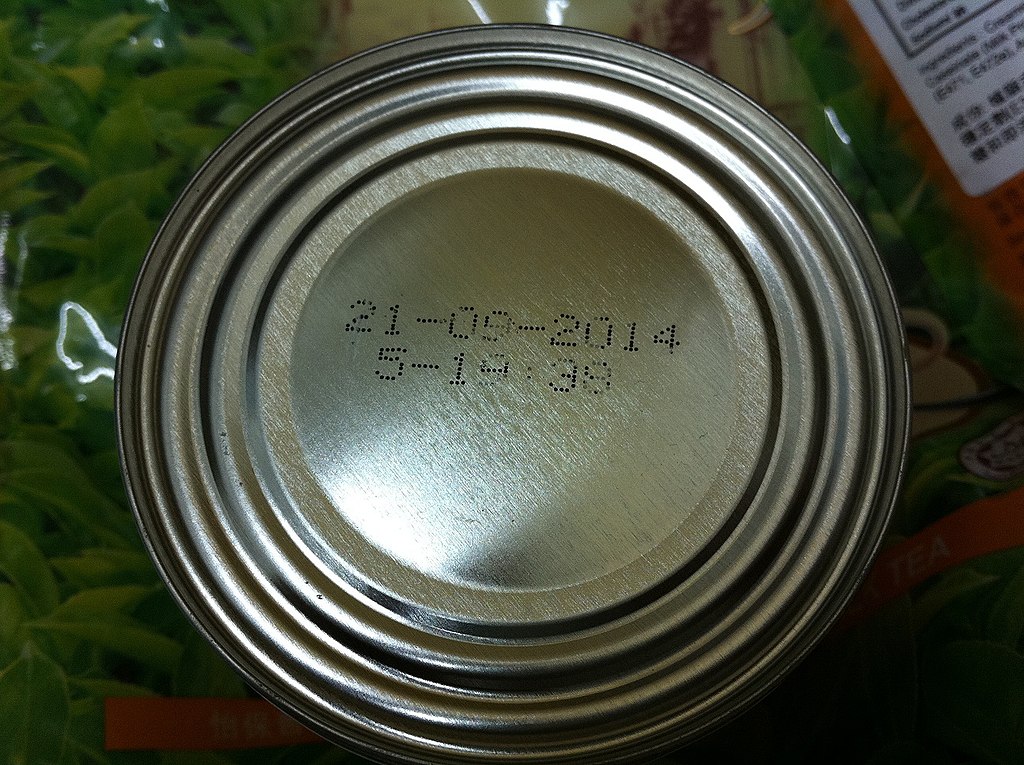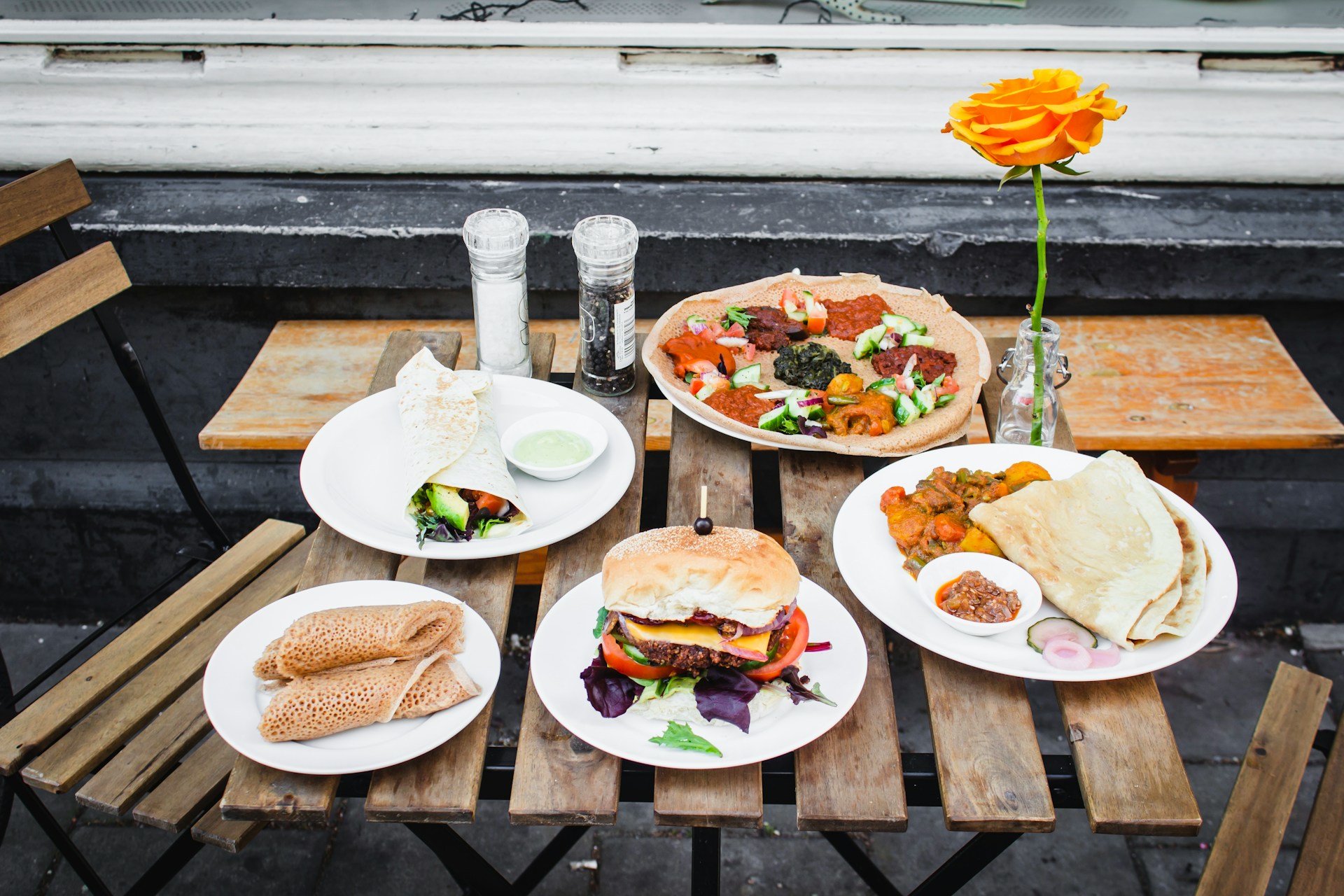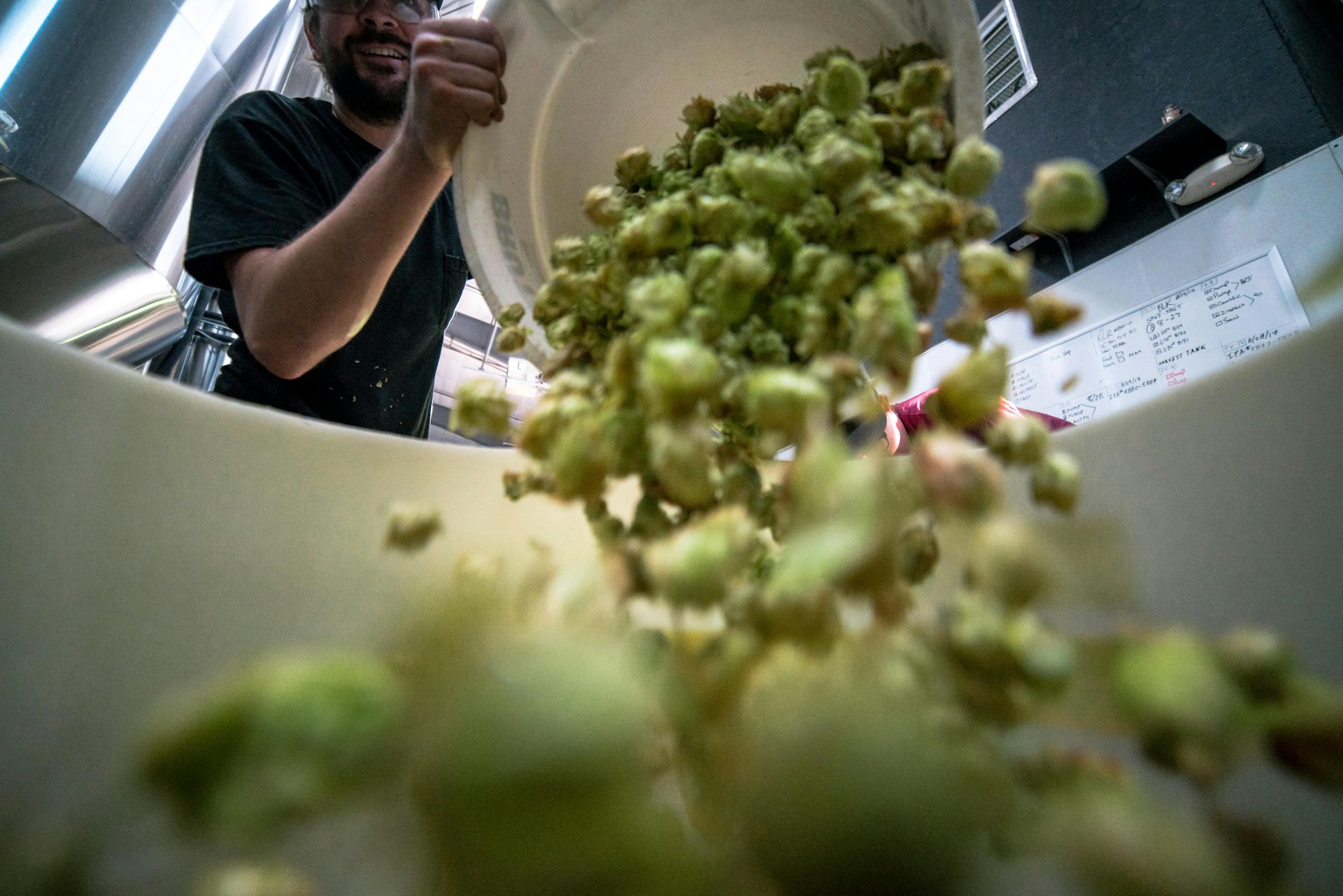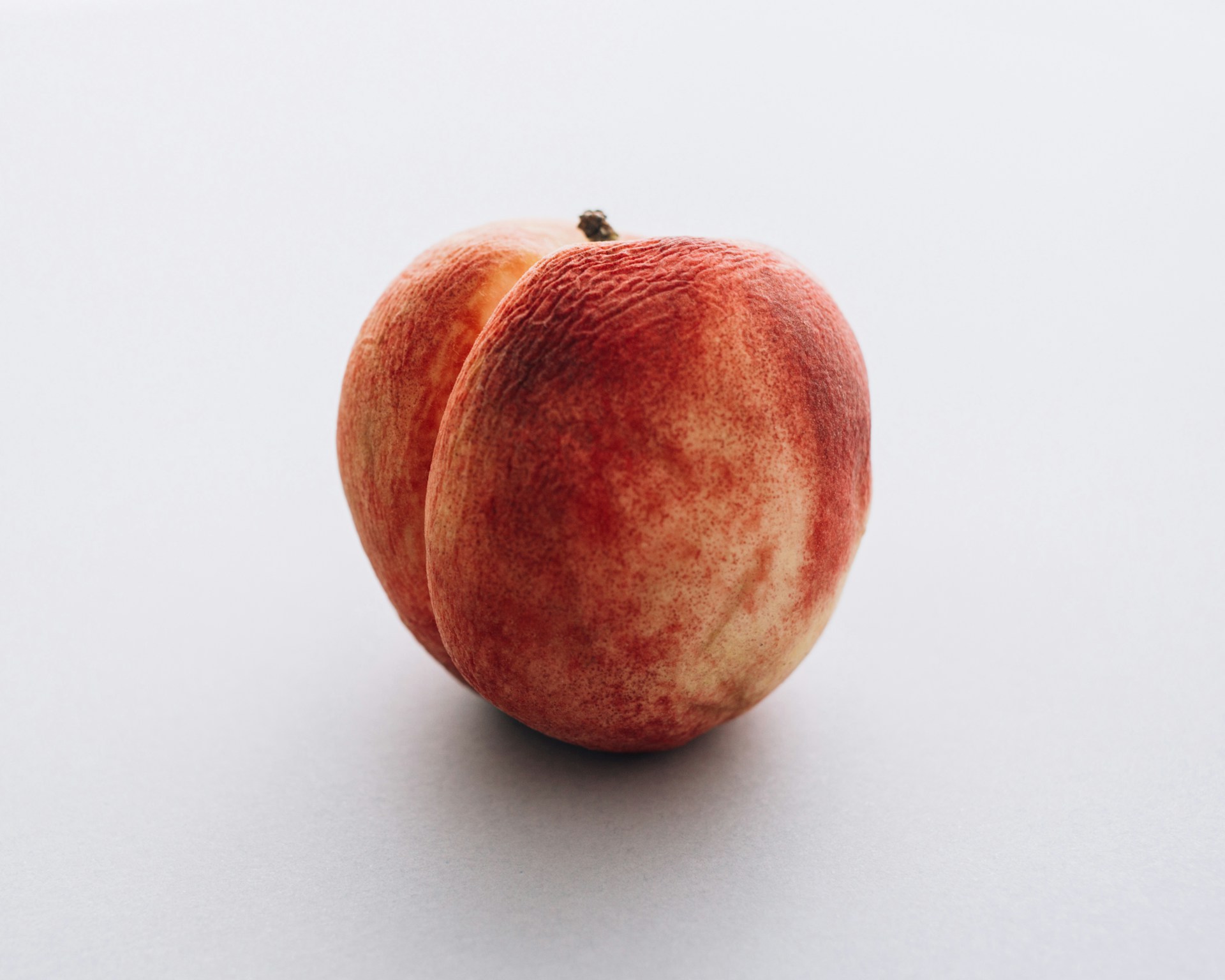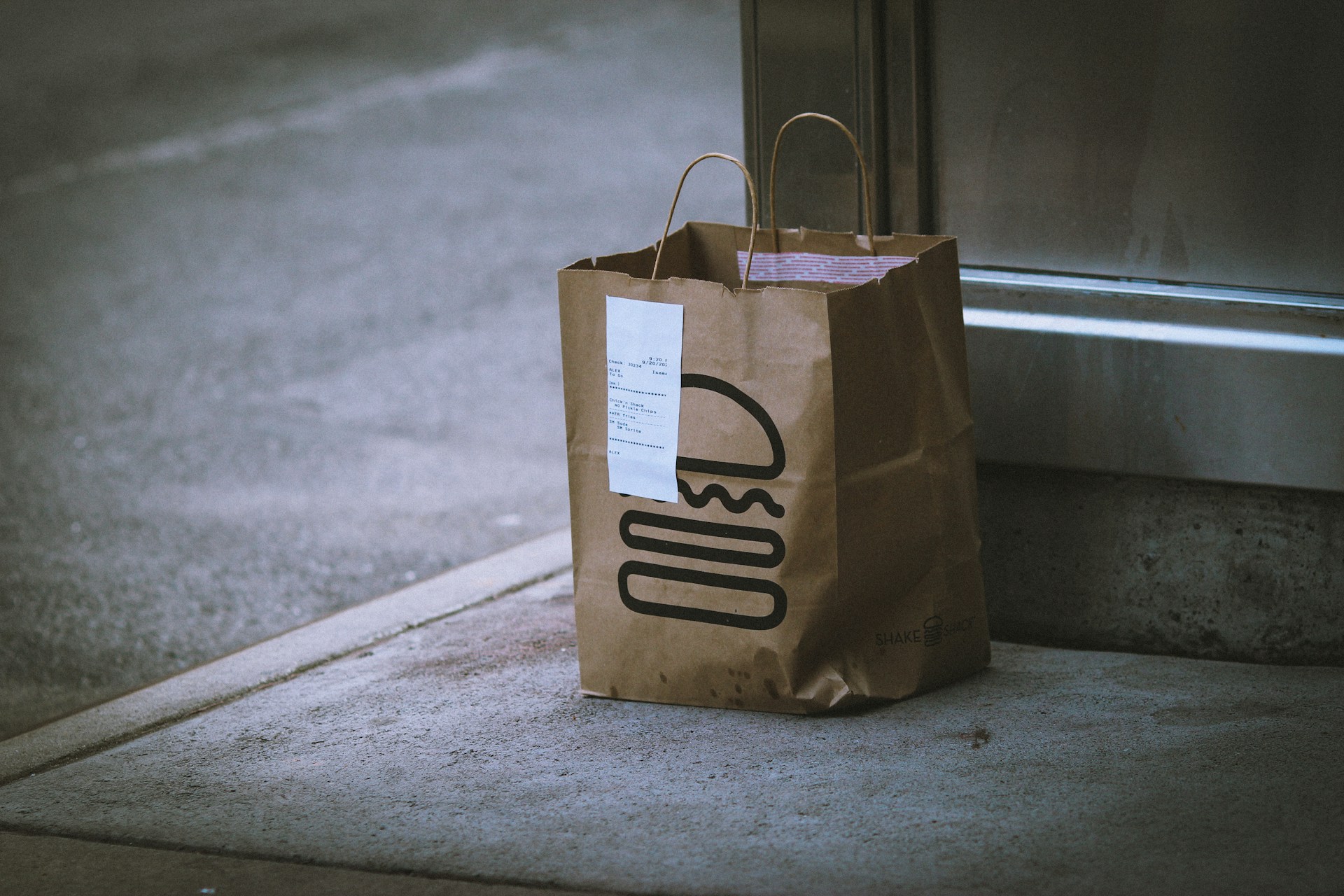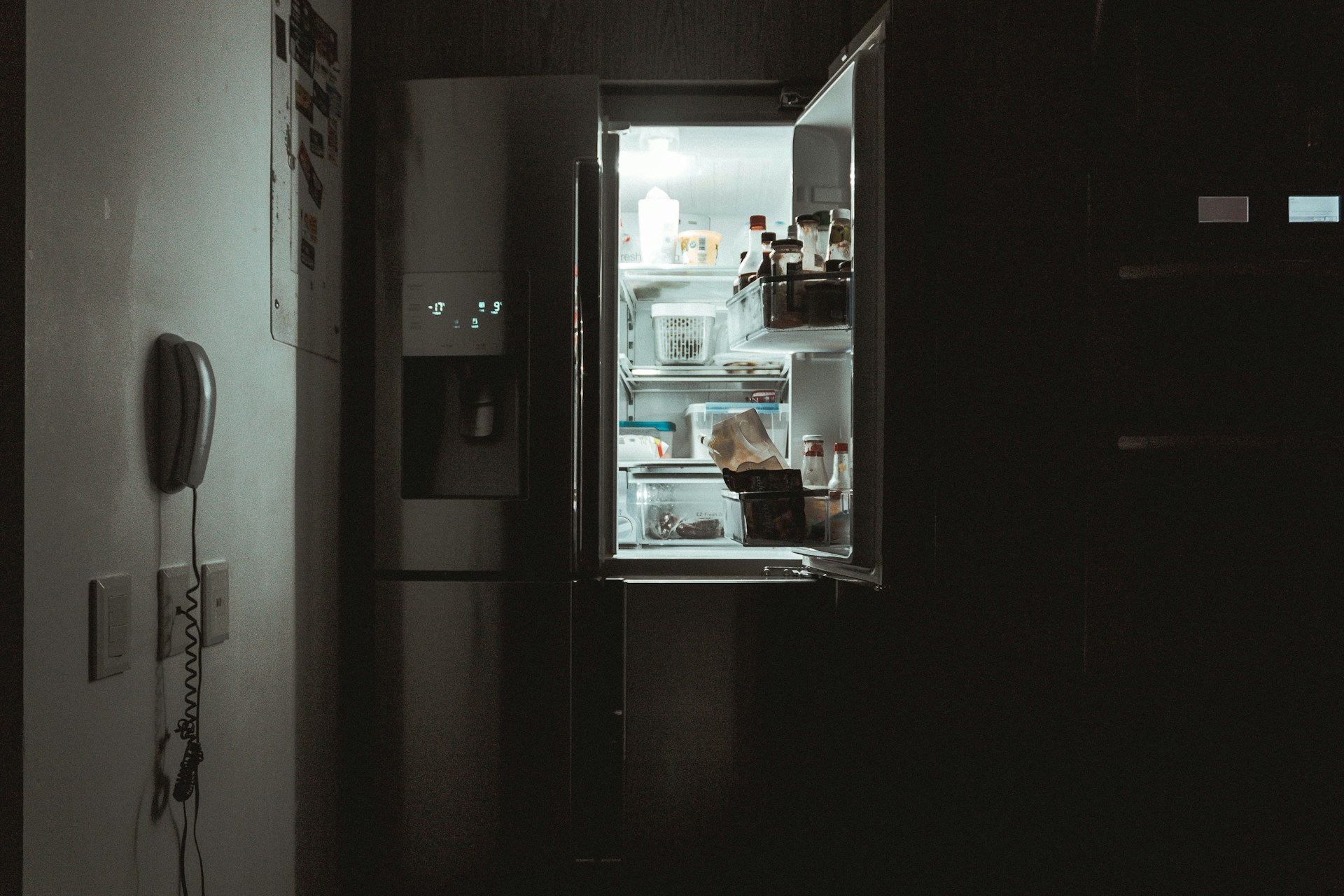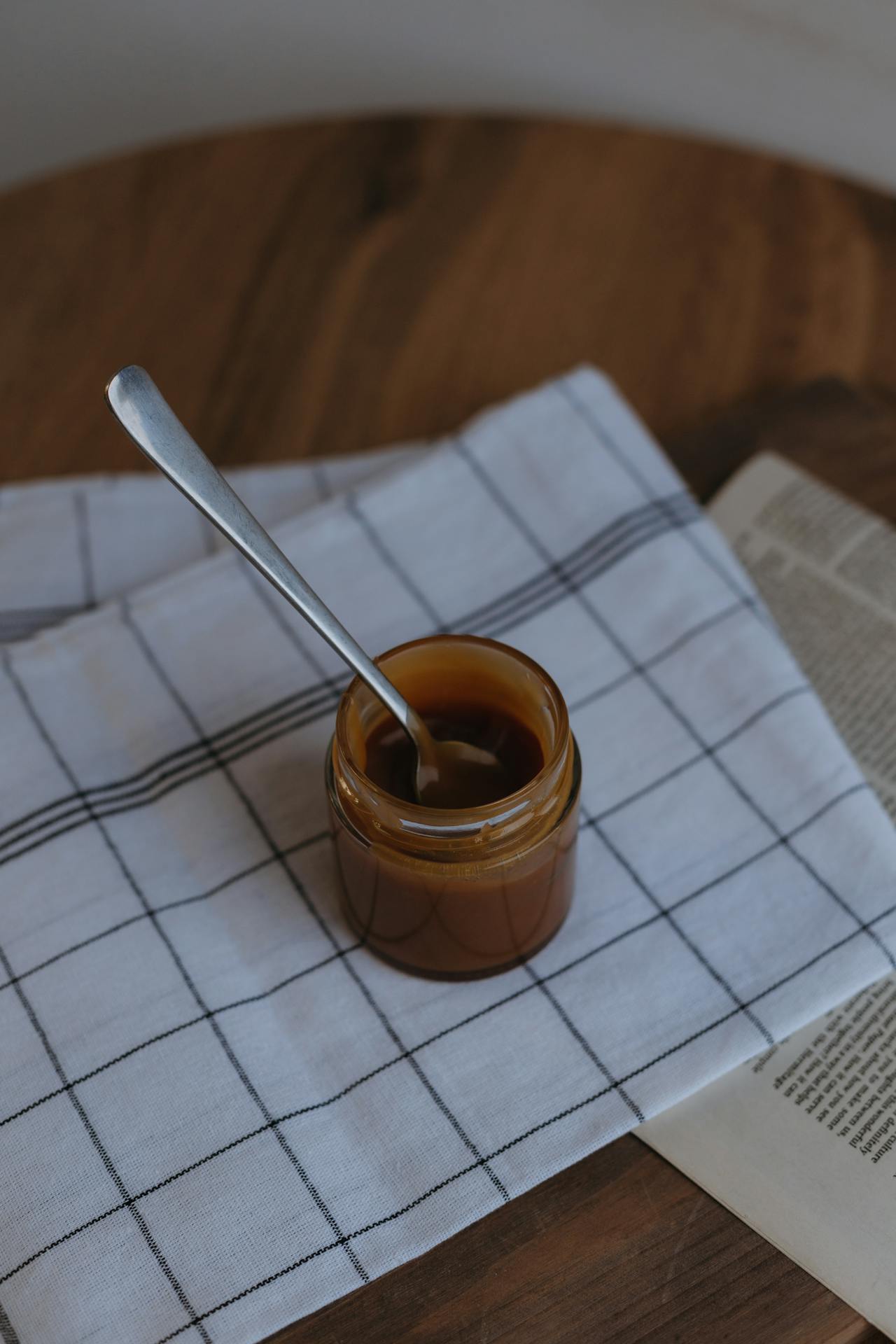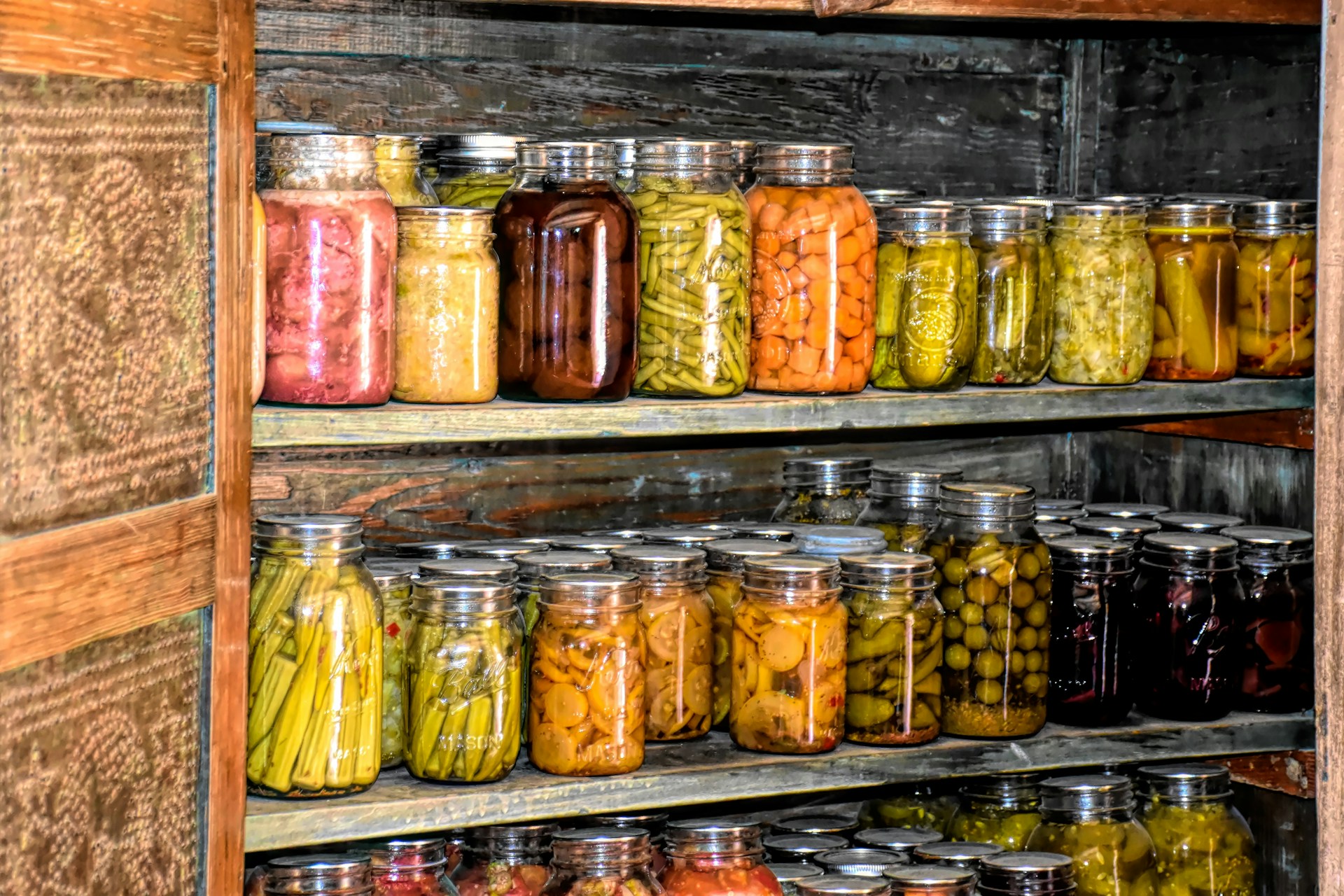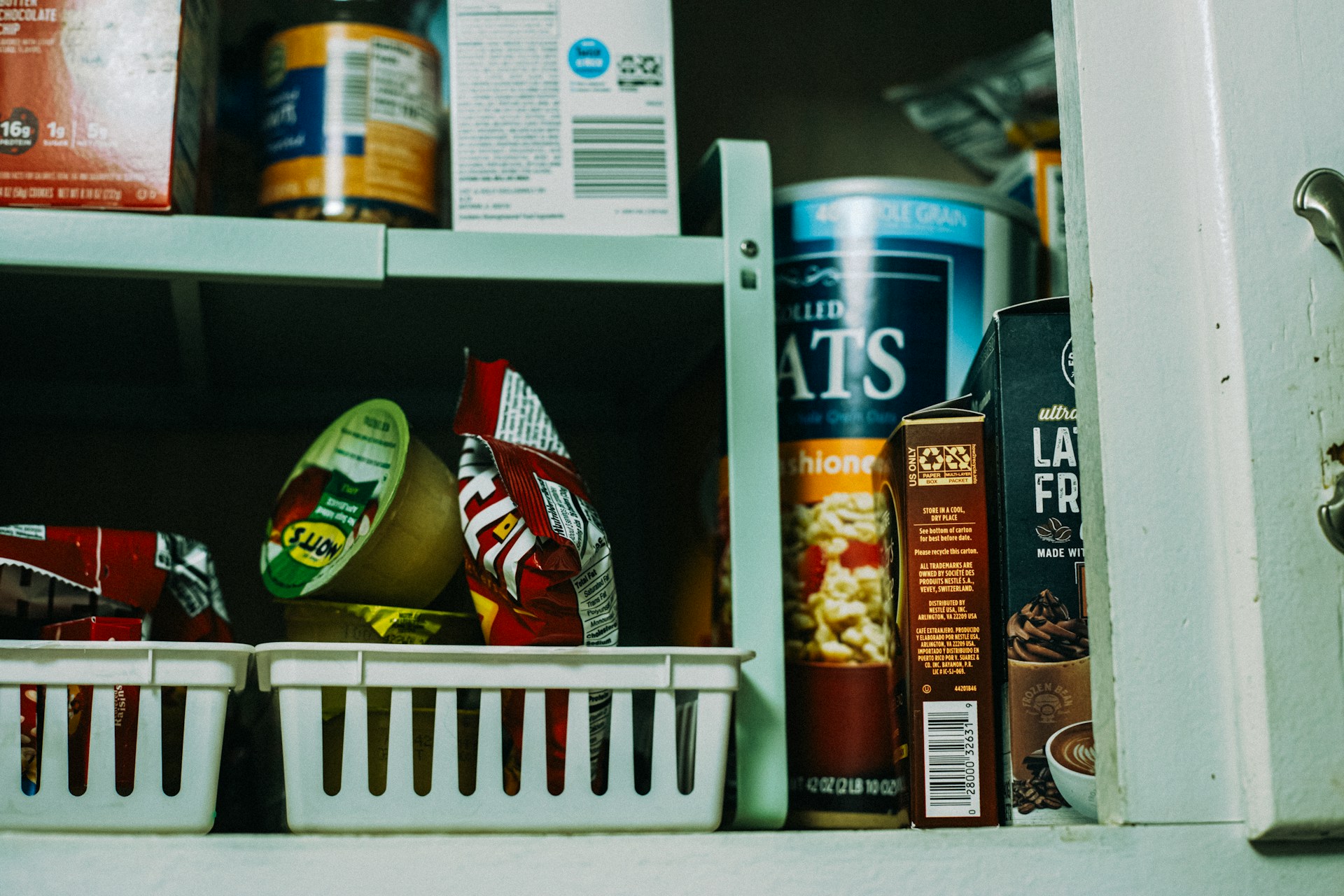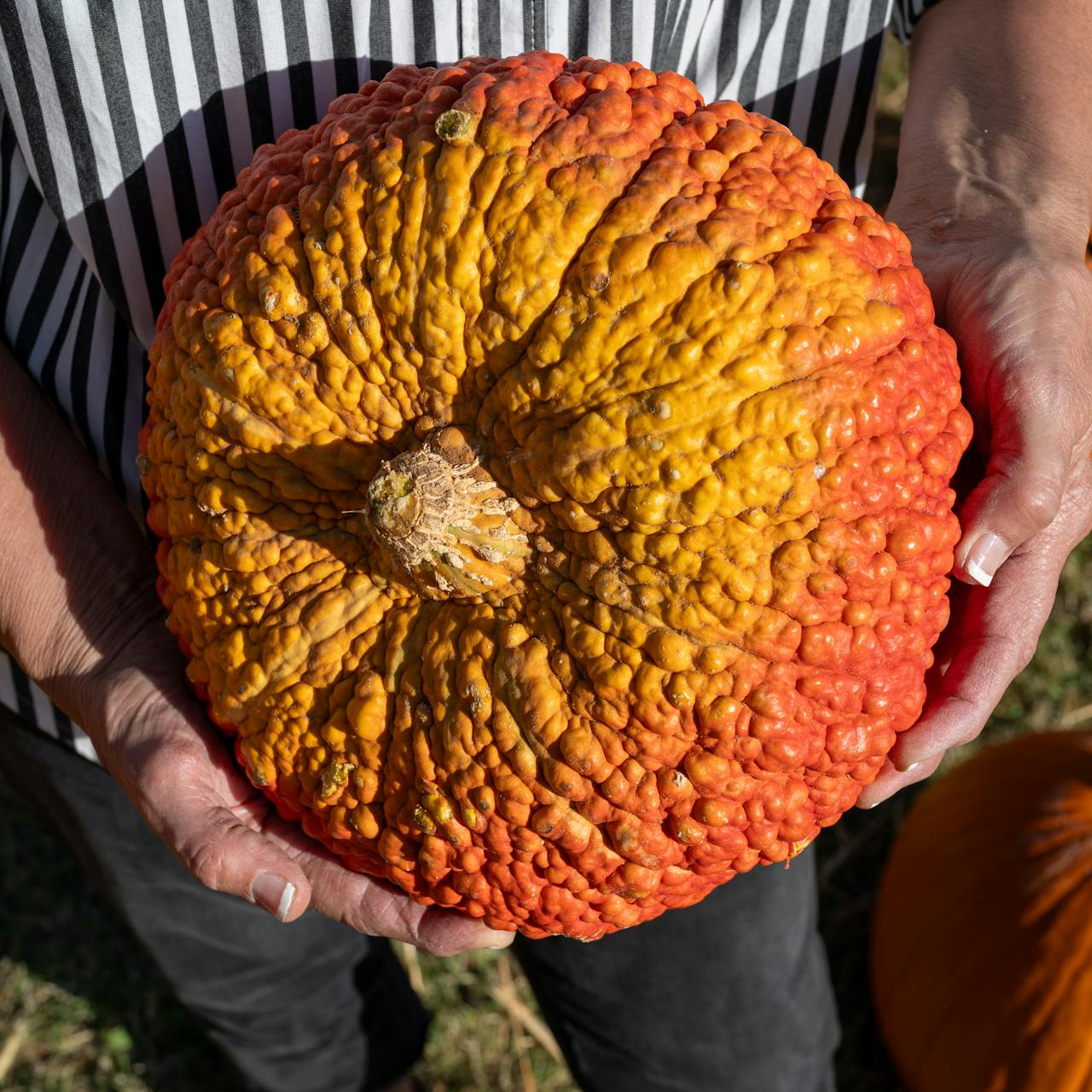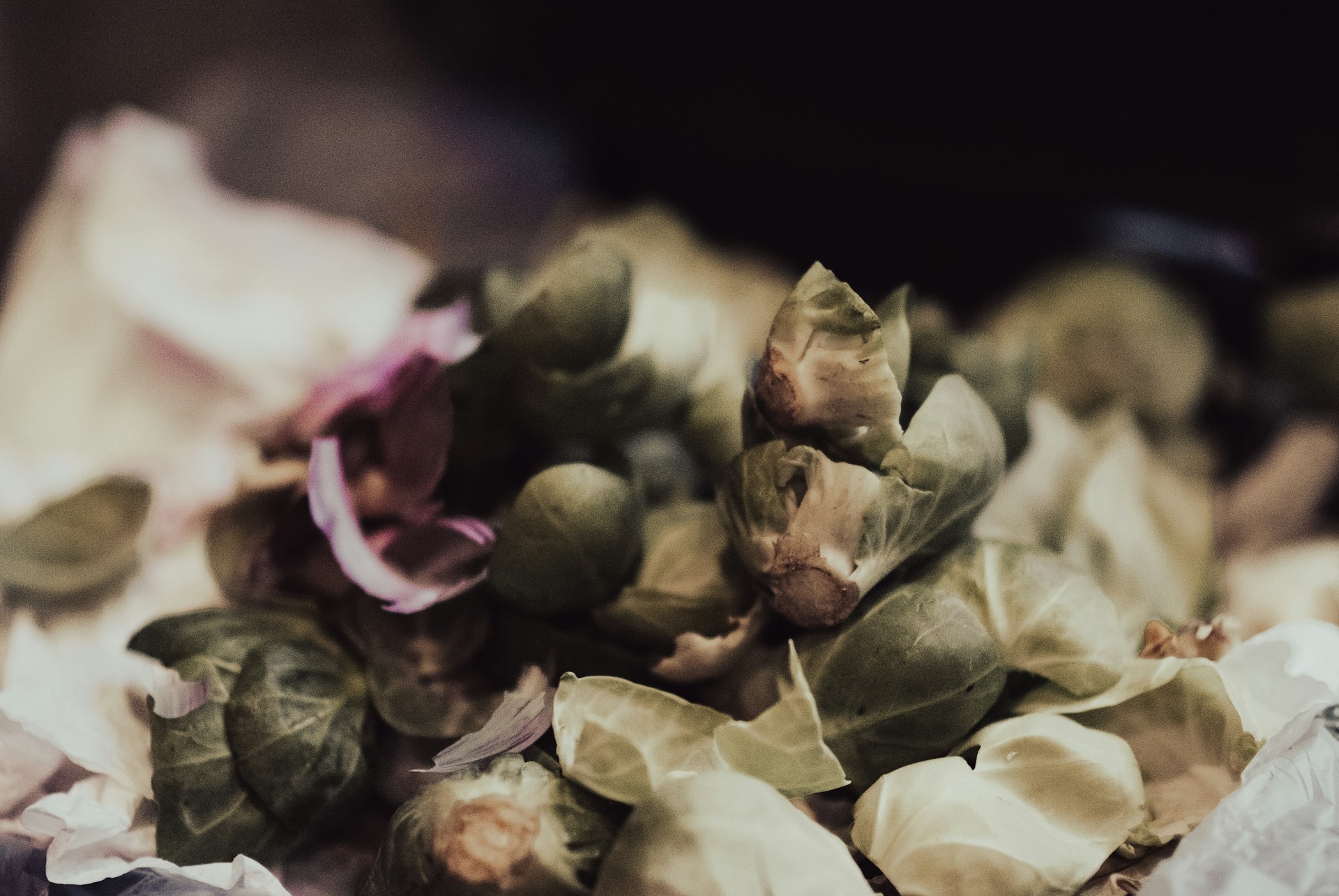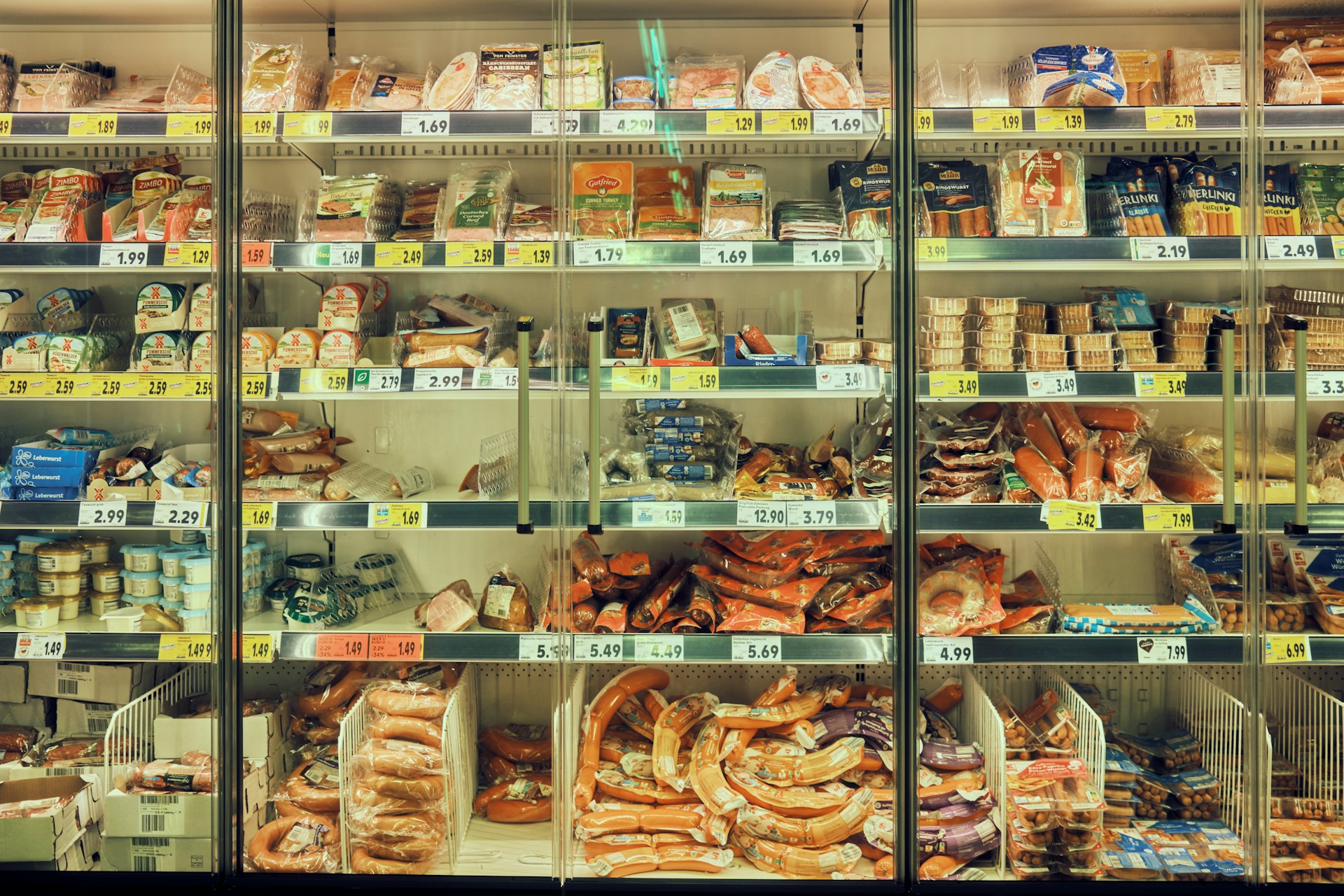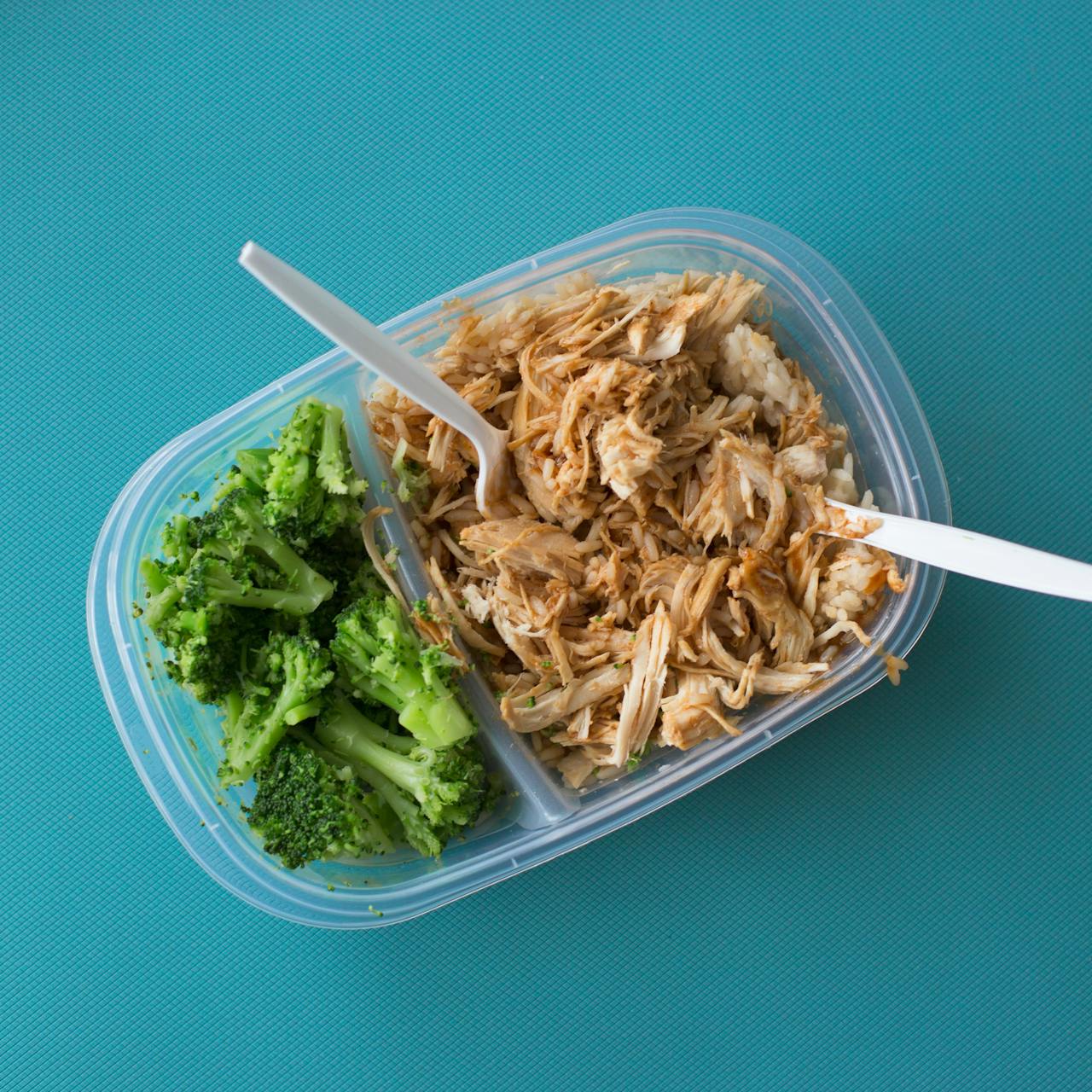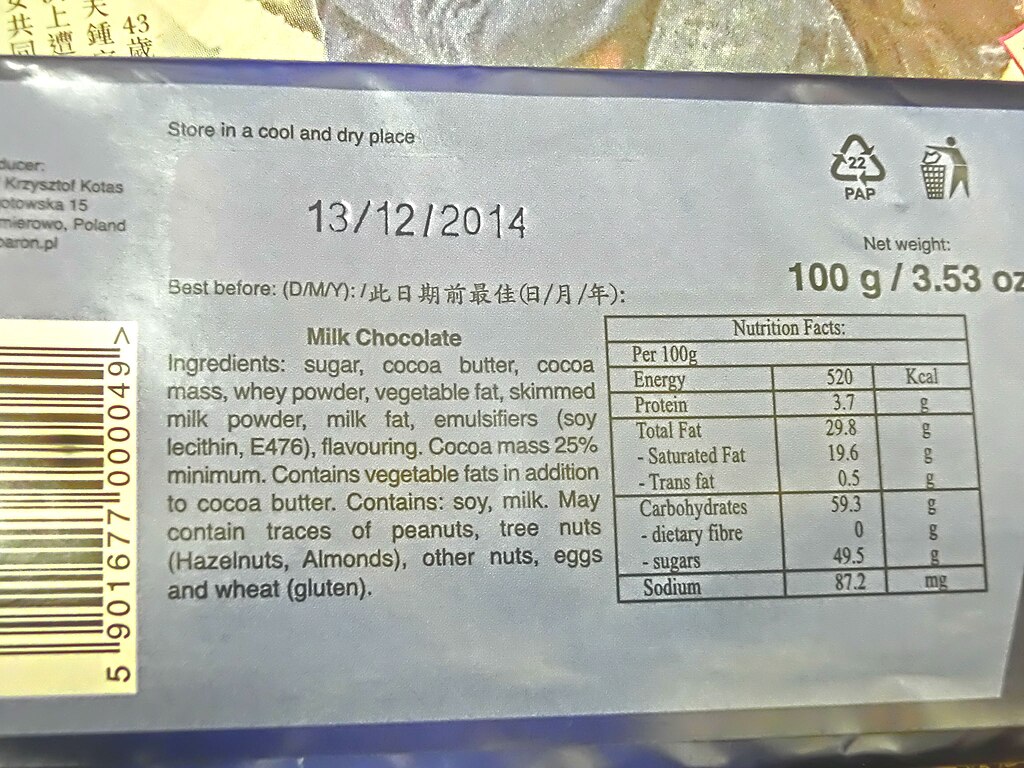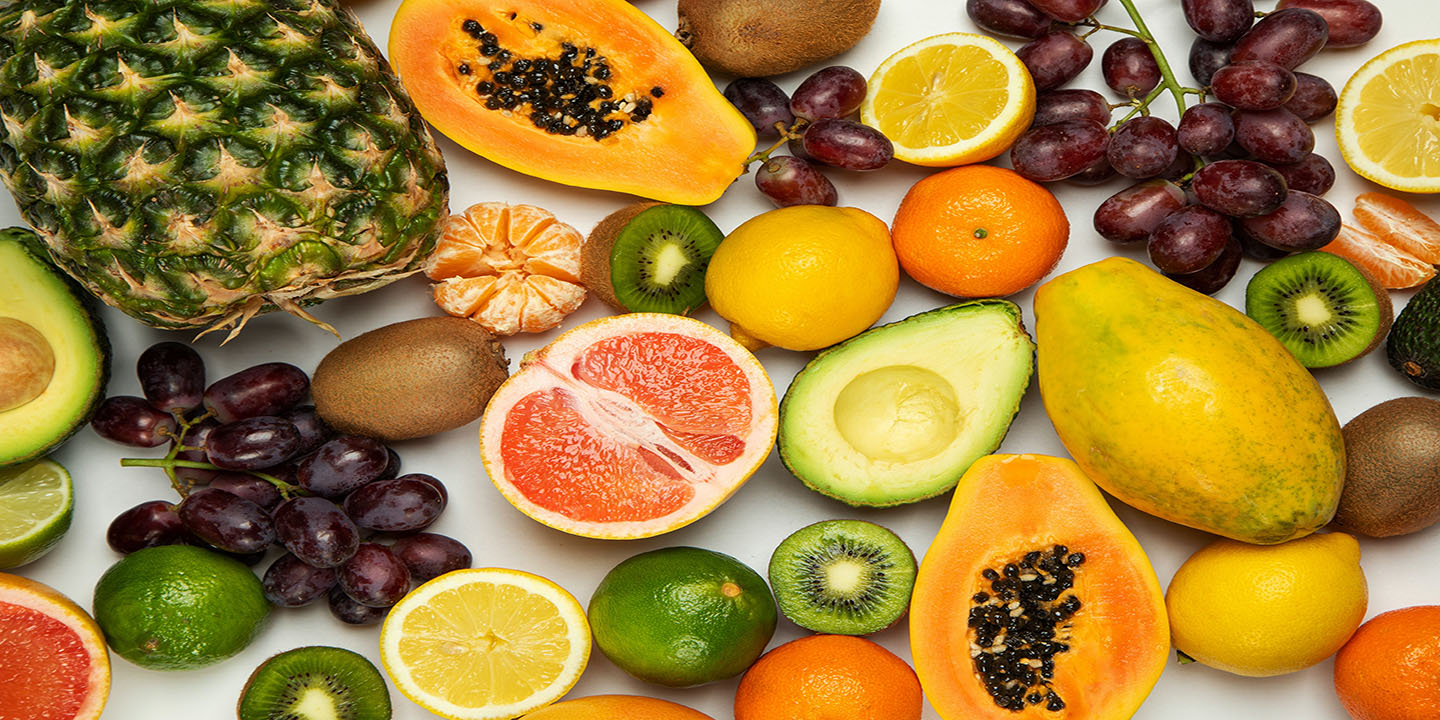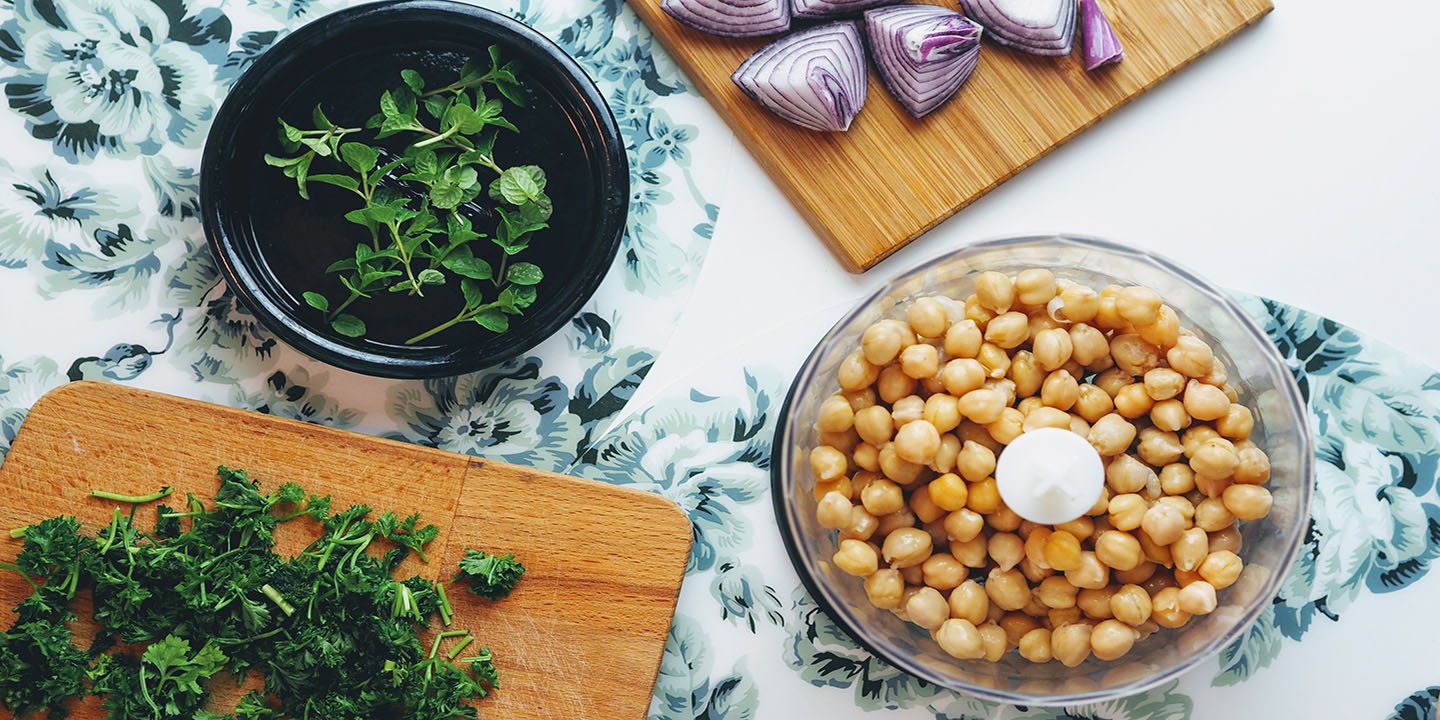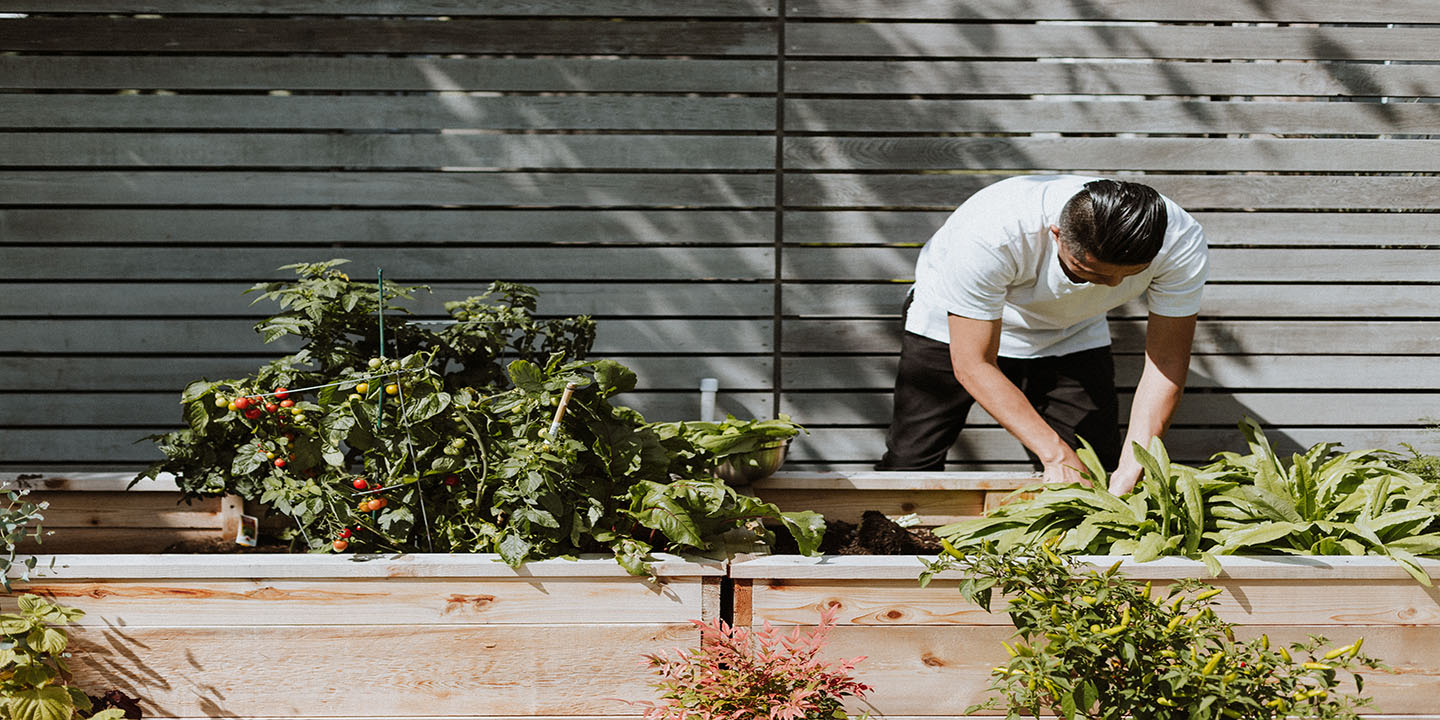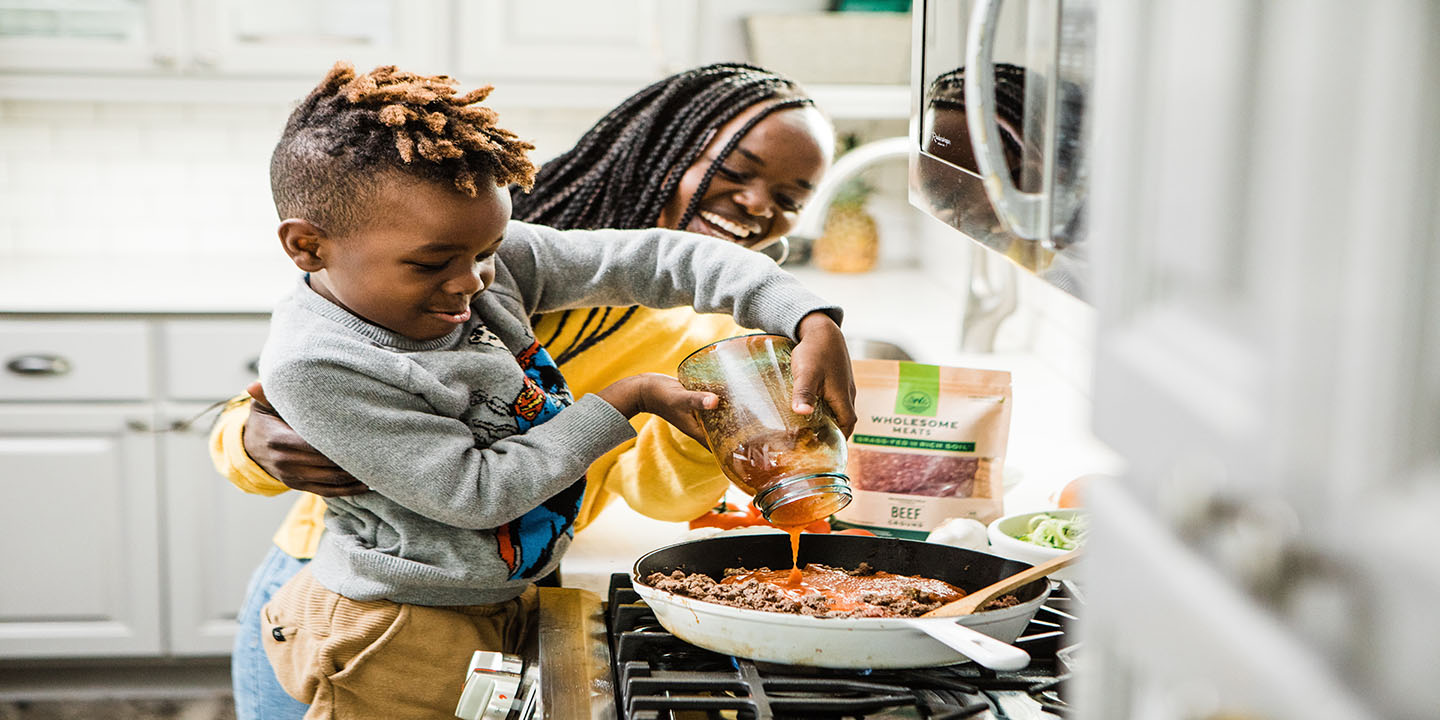Simple Ways To Stop Being A Food Waster
We’re all guilty of wasting food sometimes whether we know it or not, but we can easily do it less. We don’t always recognize the greater impact it can have on the environment when we only witness our own kitchens. Food waste is a big problem but can be easily solved with minor habit adjustments.
1. Buying Too Much
The most recognizable issue is that we often overbuy. With overflowing produce tables and packed shelves of enticing products, it’s easy to pack your shopping cart with large quantities and impulse purchases. We often end up buying too much food that ends up spoiling because we don’t have time to eat it all.
2. Large Portions
Our eyes are often bigger than our stomachs. Especially in North America, portion control is a common issue that we need to learn from. We’re not always aware of how much we can eat before we feel full and satisfied. We end up throwing food away because there’s too much on our plates.
3. Expiration Date Confusion
Best before dates are guidelines! Many people throw out unopened products just because the date is a few days past the stamped expiration. If the seal is secure, the item should only be inedible if it has gone off. Unless we’re talking years past the expiration date, don’t assume it’s bad until you check it out.
4. Over Ordering
When we order takeout or meals at a restaurant we tend to over-order because the menus are divine and it’s hard to choose. We waste a lot of food from restaurants because we order appetizers we don’t need and portions are often too large.
5. Throwing Food In The Garbage
Many of us toss our leftover food, vegetable scraps, and spoiled items straight into the trash. It’s an easy and mindless way to get rid of unwanted food fast and out of our way. Composting isn’t always an option or it is ignored which adds to our food waste problem.
6. Throwing Away Unspoiled Food
Sometimes we toss away a carrot because it’s lost its crunch or we chuck out a peach because it has a bruise. We don’t consider that the carrot is still healthy and could be cooked instead of eaten raw or that we could cut off the bruised part of the peach.
7. Eating Out Unnecessarily
It’s easier to call for delivery or go out for dinner instead of cooking. We often stock our fridge and cupboards with groceries but neglect them when we become too tired or don’t consider their shelf life. Food gets wasted when we go out for dinner instead of eating the food we have at home.
8. Over Packed Fridges
If our fridges are too full or we don’t move half-eaten items to the front, we often don’t see them. An unorganized fridge is often the root of a food waste issue because we forget about the products shoved to the back.
9. Partially Used Ingredients
We tend to buy more ingredients than the recipe calls for and don’t find another use for them. We are guilty of using half a jar of sauce and forgetting about the other half for later use. Partially consumed items often become garbage because they are left open too long or we don’t plan to use ingredients for more than one recipe.
10. Improper Storage
If you don’t store food properly it can spoil much faster. The writing on labels can be so small we don’t always notice when it tells us to refrigerate after opening. We don’t always know what food can be frozen or how certain items can live longer when stored in a specific way.
So we've nailed down what causes food waste–– Let's turn this negative into a positive and find out how we can prevent wasting it.
1. Meal Plan
Planning your meals ahead of time will manage how much you buy and prevent overloading. When you know what breakfast, lunch, and dinner are for a week or two you only buy the ingredients needed. You don’t have to know every meal in detail but if you have a rough idea you won’t feel the urge to buy everything.
 Gabrielle Henderson on Unsplash
Gabrielle Henderson on Unsplash
2. Grocery List
A shopping list is key! When you write down what you need and stick to your list you won’t overthink and overbuy. If you promise yourself to stick to a grocery list it will prevent you from impulse purchases or buying too many ingredients. You can be confident you didn’t forget anything because you have a pre-planned hard copy and you’re not relying on memory.
3. Inventory Check
Check your pantry before you hit the grocery store. We tend to forget what we bought the last time we shopped and might accidentally buy the same item again. Take a look at what essentials are needed and make use of any items that might be getting old before you create a meal plan.
4. Eat Ugly
Ugly produce doesn’t mean it’s bad! Imperfect fruits and veggies need love too. We can prevent tossing away perfectly edible food if we don’t set high beauty standards for them. And please eat your ends and stems–– the entire broccoli is edible not just the top part.
5. Stop Peeling
When we peel potatoes or cucumbers we’re not only creating more waste but we’re stripping the veggies of their nutrients. A lot of health benefits are in the skin of fruits and vegetables. Ditch the peeler and use a vegetable scrubber instead to scrub off dirt and pesticides.
6. Use Your Scraps
When you do have unwanted scraps like onion skin, beet stems, carrot tops, or squash peels, instead of throwing them out, use them to make broth. You can often use the leaves and stems of veggies in stir fry and other dishes as well. If they’re inedible then compost your scraps or use them in your garden.
7. Buy Less Meat
If you buy less meat you’re more likely to use every bit of it without wasting it. Animals require a lot of resources to grow, produce, and distribute so wasting meat has a large negative impact on the environment. In general, being aware of how sustainable food is can be a valuable influence on what and how much we buy.
8. Save Your Leftovers
Smaller portion sizes will help reduce leftovers in the first place. If you have any leftovers, eat them the next day or freeze them for another time. Eating leftovers saves good food from being wasted as well as saving you money and time from cooking every day.
9. Recipes Are Guidelines
Sometimes you can make alterations or tweak measurements in recipes. Try to use what ingredients you have in your cupboards first before going out and buying all new ingredients. You can always substitute one cheese for another or a carrot for a sweet potato if need be.
10. FIFO & Expiration Dates
FIFO is chef lingo for “First in, first out” which means when unloading your groceries, make sure the oldest items are brought to the front so they can be grabbed first. For expiration dates, check the product first before assuming it’s bad. With a few exceptions, many items are still perfectly fine after their best before dates.
KEEP ON READING

The Most Popular Signature Dishes Around the World
